Talk Overview
The goal of these three talks is to define the problems that a cell faces as it prepares for division and to describe some of the ways it solves them. In Part 1, both the length and amount of DNA are presented as problems for chromosome segregation, particularly in eukaryotic cells. The actions of cohesins and of chromosome condensation are described as solutions. The mitotic machinery is introduced, including its diversity of form across phylogeny, however, the features that appear to be conserved are emphasized. This lecture may be useful for upper level undergraduate and graduate courses discussing mitosis and eukaryotic cell division.
The second lecture describes some key experiments showing the dynamics of a formed mitotic spindle and the ways these may contribute to accurate chromosome motion. Experiments that reveal aspects of the processes by which chromosomes attach to the spindle are presented. Mitotic motors are introduced and discussed in the light of what they probably do and do not accomplish to effect chromosome motion, including acting to improve the accuracy of chromosome segregation.
The third lecture presents evidence, largely from McIntosh’s lab, that shows how microtubule depolymerization can move chromosomes in vitro and explores the nature of some of the protein complexes that can couple chromosomes to microtubules and take advantage of this reaction.
Speaker Bio
Richard 'Dick' McIntosh
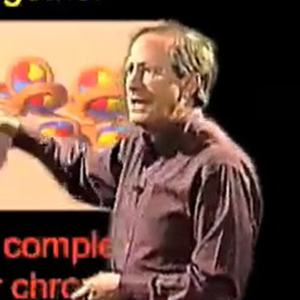
Richard McIntosh is currently a Distinguished Professor Emeritus at the University of Colorado Boulder. He earned his bachelor’s and doctorate degrees from Harvard University in Physics and Biophysics, respectively. He taught cell biology at that institution briefly, then moved to the University of Colorado at Boulder, where he has worked ever since. His principal scientific… Continue Reading
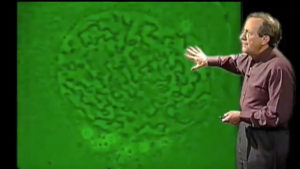
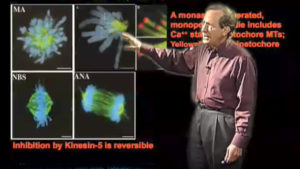
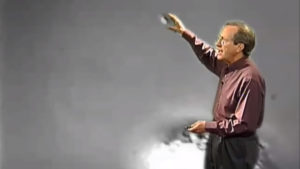
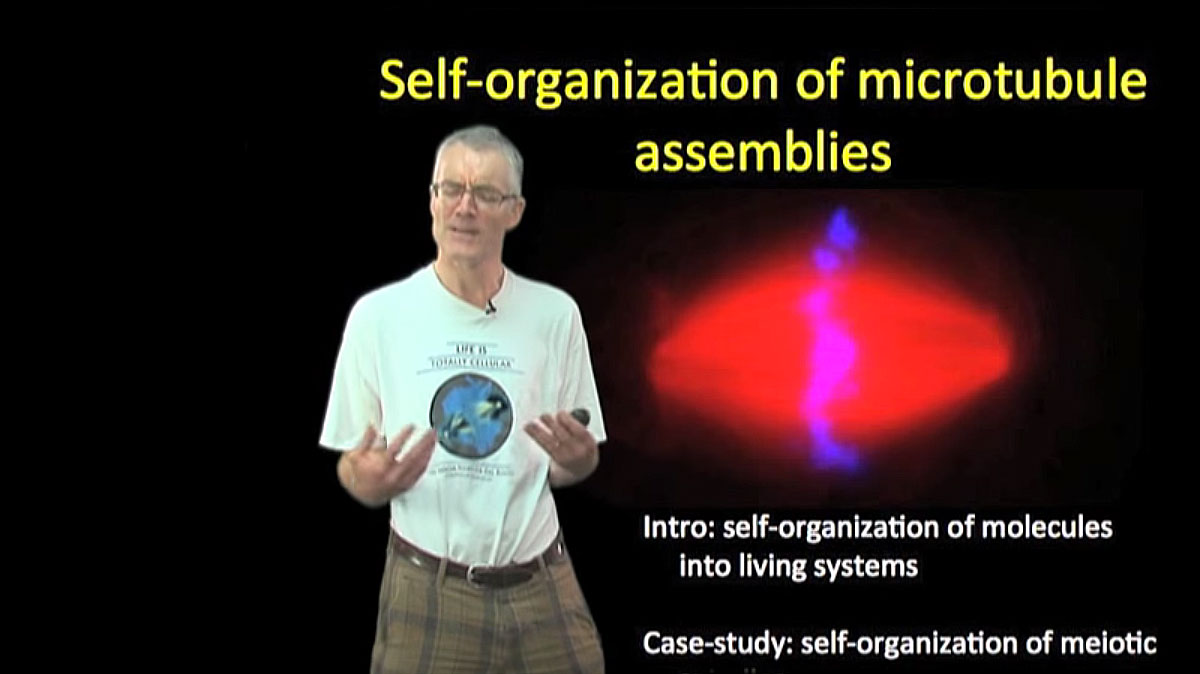
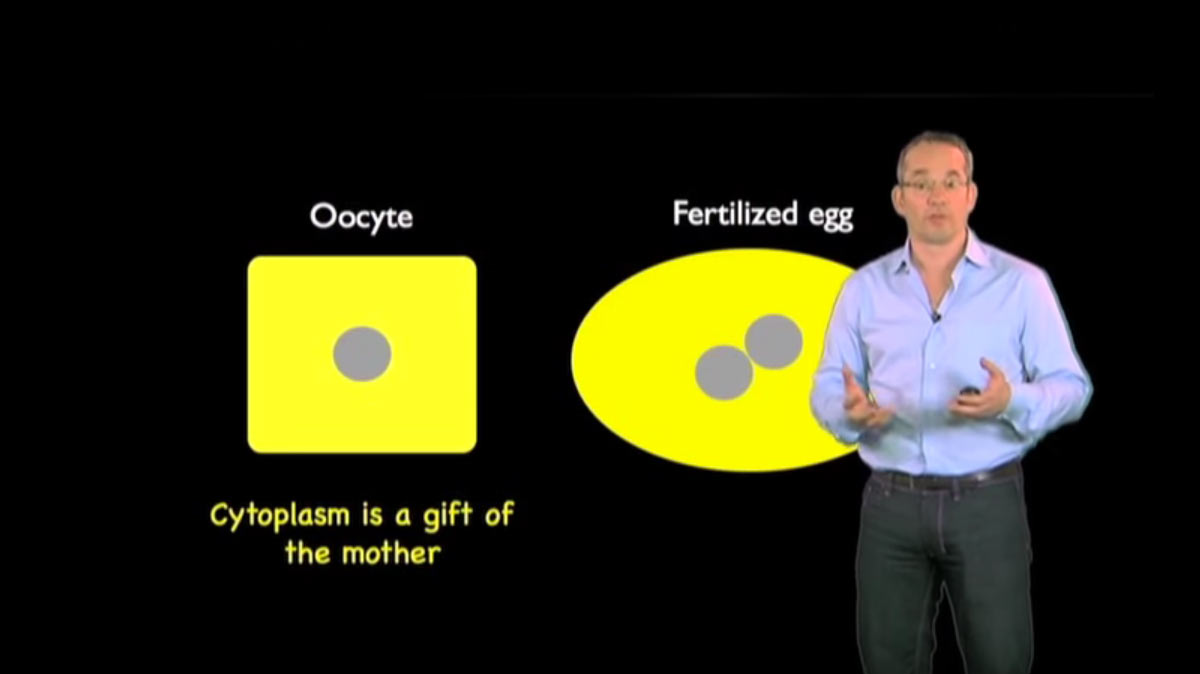
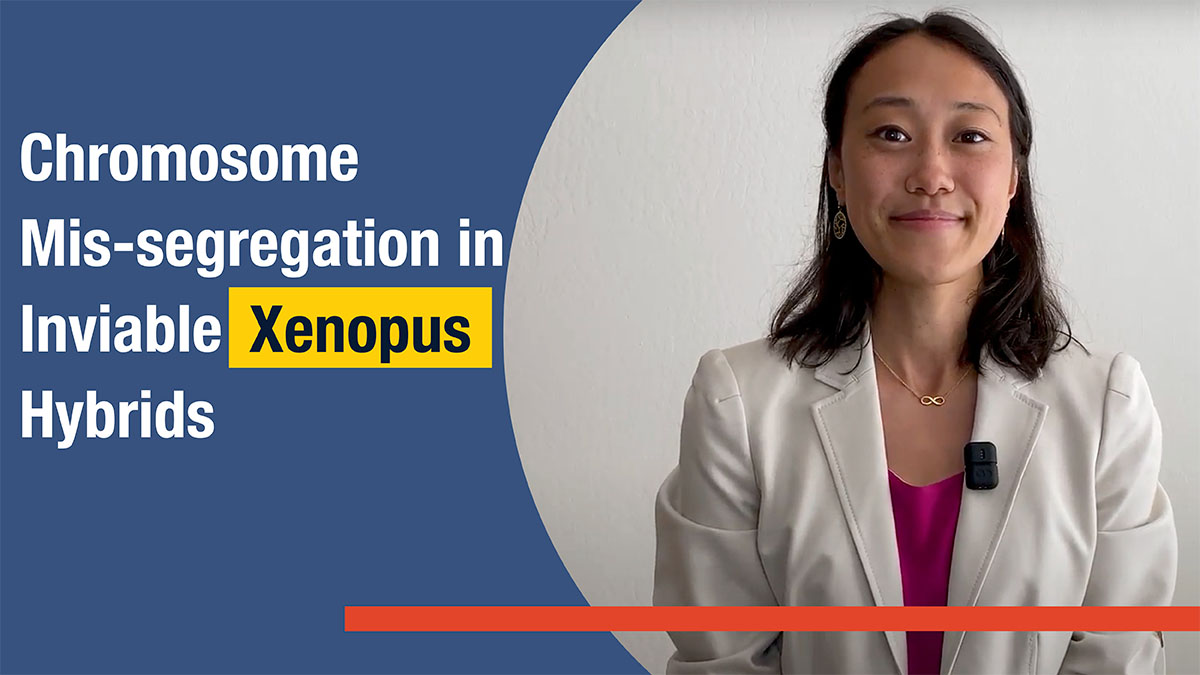
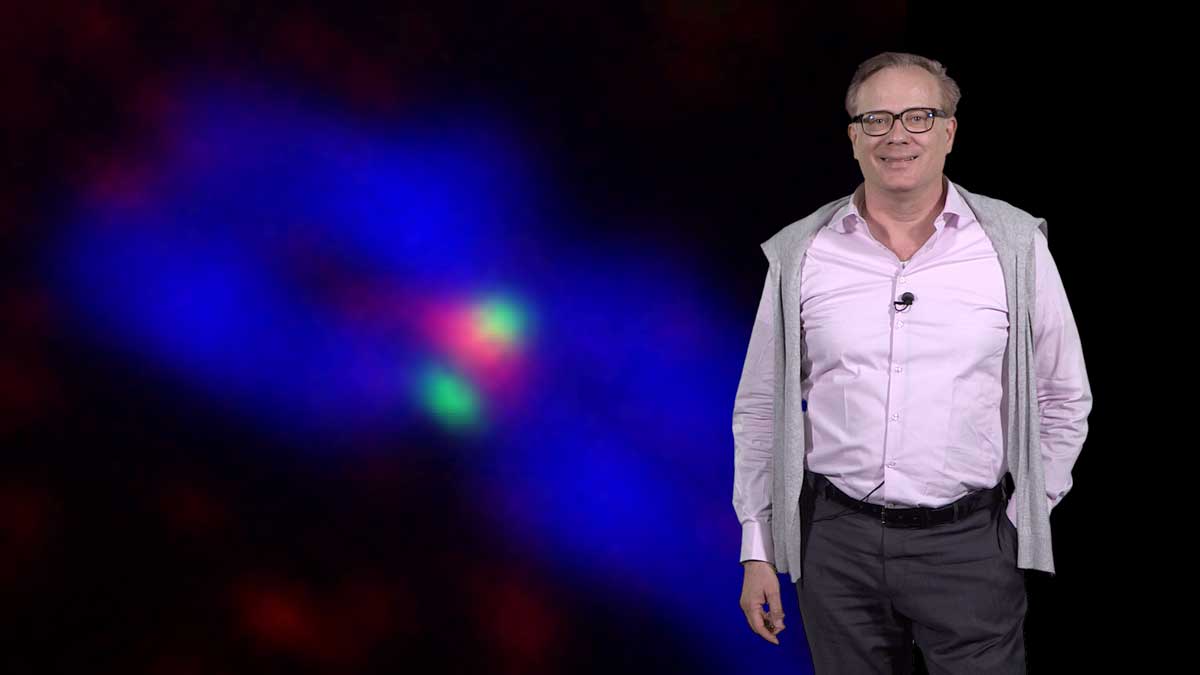





Leave a Reply